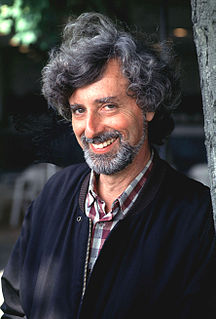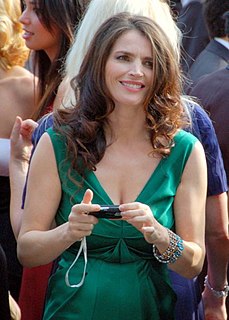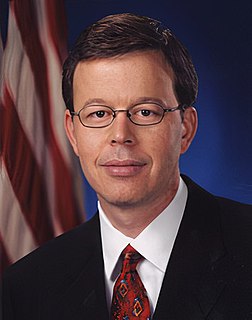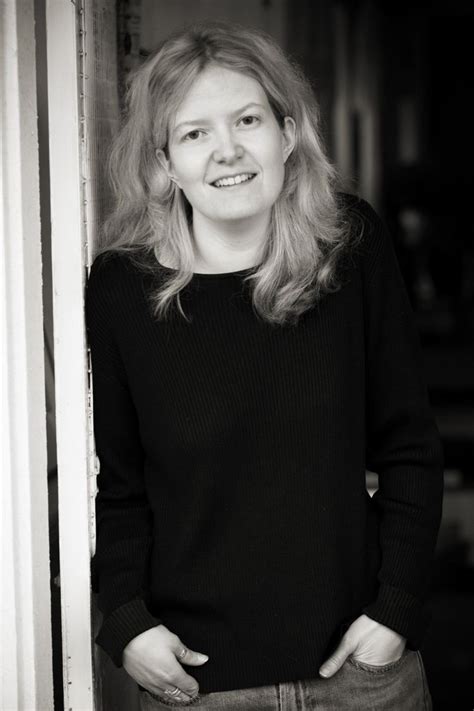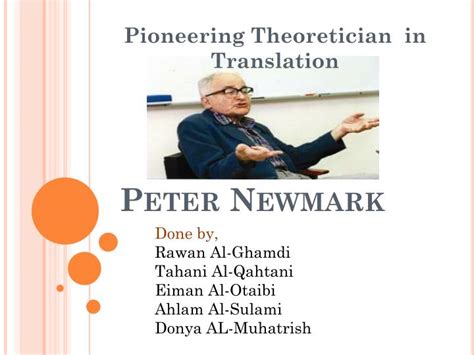A Quote by Charles Dickens
The great commander, who seemed by expression of his visage to be always on the look-out for something in the extremest distance, and to have no ocular knowledge of anything within ten miles, made no reply whatever.
Related Quotes
Distance changes utterly when you take the world on foot. A mile becomes a long way, two miles literally considerable, ten miles whopping, fifty miles at the very limits of conception. The world, you realize, is enormous in a way that only you and a small community of fellow hikers know. Planetary scale is your little secret.
In the same way the eminence attaching to the mere possession of great wealth disappoints us nine times out of ten, especially if the wealth has been accumulated rapidly. For great wealth is accumulated rapidly by cunning or chance, or a mixture of the two. Cunning has nothing to do with high qualities; it is rather a presumption against them; while chance has nothing to do with them either. Therefore it is that men are always complaining after meeting So-and-so, that he seemed to be astonishingly stupid, though he made a million in ten years and started as a pauper.
Whatever character you play, whatever film it is, whatever story it is, for me, in my training it's always something that gives you a layered character, it's understanding the secret of that character, and so whatever comes up as "Oh, I thought that person was that," you are always carrying that within you. So actually what you're playing all the way through is both and it's just what comes out in the scene or the circumstance.
He was full of the restless, dissatisfied energy that always seemed to move into his heart after he visited home these days. It had something to do with the knowledge that his parents’ house wasn’t truly home anymore — if it had ever been — and something to do with the realization that they hadn’t changed; he had.
A master was once unmoved by the complaints of his disciples that, though they listened with pleasure to his parables and stories, they were also frustrated for they longed for something deeper. To all their objections he would simply reply: 'You have yet to understand, my friends, that the shortest distance between a human being and truth is a story.'
Are you reading?" I say. It's not that I don't think Finn can read or anything, but it's just - well, not what I expected to see. I figured Finn spent his time doing whatever it is guys who aren't Josh do when they aren't in school. Burping, or something. "Try not to look so surprised," Finn says. "I read. I can count to ten. Sometimes I can even spell my own name.
The redwood is the glory of the Coast Range. It extends along the western slope, in a nearly continuous belt about ten miles wide, from beyond the Oregon boundary to the south of Santa Cruz, a distance of nearly four hundred miles, and in massive, sustained grandeur and closeness of growth surpasses all the other timber woods of the world.
To my way of thinking, the concept drawings that Rembrandt did, the drawings he made that he used to model his artists, to work out the compositions of his paintings: those are cartoons. Look at his sketch for the return of the prodigal son. The expression on the angry younger brother's face. The head is down; the eyebrow is just one curved line over the eyes. It communicates in a very shorthand way. It's beautiful, expressive, and, in a peculiar way, it's more powerful than the kind of stilted, formalized expression in the final painting.

